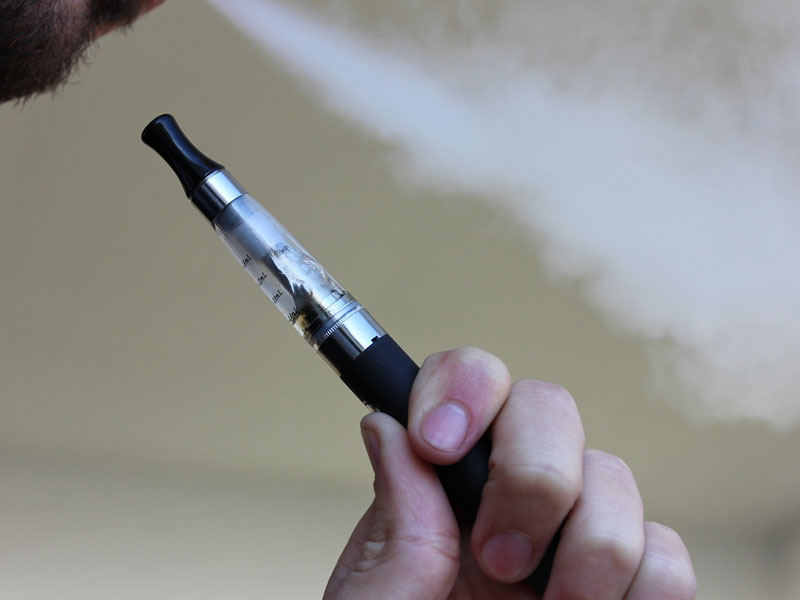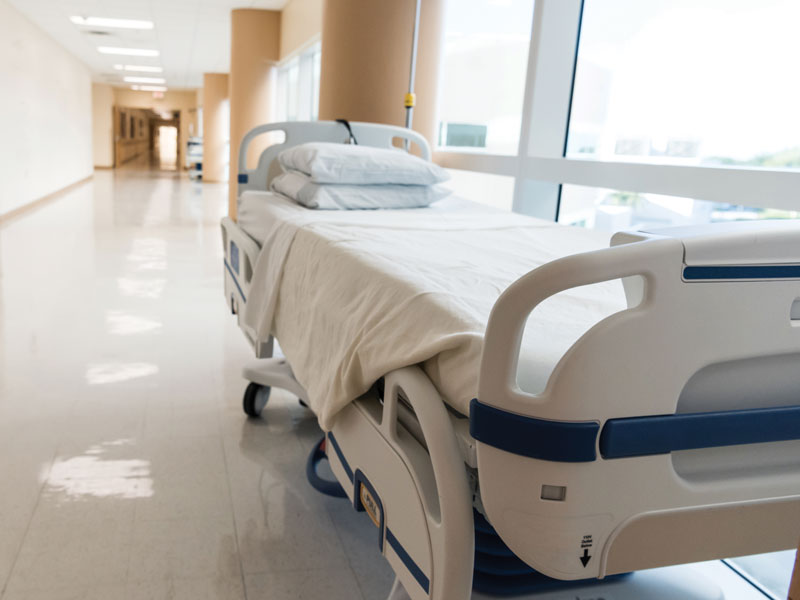Radioprotectant May Also Be a Radiobooster

Initially studied for its radioprotective effects on healthy cells, avasopasem may also increase cancer cells’ response to radiation treatment, researchers reported in Science Translational Medicine.
PhD and DNP Students Collaborate to Implement Practice-Driven Research

Evidence-based practice is dual sided: nurse scientists conduct research, and clinical nurses implement those findings into practice. Working together, they improve care by developing cancer survivorship programs, reducing cancer risk, and assessing cancer care in vulnerable populations. The University of Washington School of Nursing’s (UW SoN’s) partnership with Confluence Health, one of the largest healthcare providers in north central Washington, built a novel program to identify gaps in research and implementation and elicit projects that influence healthcare outcomes.
- Read more about PhD and DNP Students Collaborate to Implement Practice-Driven Research
- Add new comment
Practice Change: Transform Cancer Care Through Quality Improvement and Evidence-Based Practice

Most nurses have not received formal training in quality improvement (QI) methodology, and many workplaces lack the resources to efficiently implement evidence-based practice (EBP), which results in delays in translating science into practice. But ONS members are overcoming those barriers and leading the way in effectively developing, implementing, and sustaining practice changes.
- Read more about Practice Change: Transform Cancer Care Through Quality Improvement and Evidence-Based Practice
- Add new comment
Subcommittees Help ONS Board Manage Its Work

During its August 24, 2021, monthly meeting, the ONS Board of Directors focused on reports from two of its subcommittees that support certain aspects of the Board’s work: one that develops and communicates ONS’s position on important topics, and the other that helps the Board grow as a group and individual leaders.
FDA Approves Brexucabtagene Autoleucel for Relapsed or Refractory B-Cell Precursor Acute Lymphoblastic Leukemia

On October 1, 2021, the U.S. Food and Drug Administration (FDA) approved brexucabtagene autoleucel (Tecartus™) for adult patients with relapsed or refractory B-cell precursor acute lymphoblastic leukemia (ALL).
- Read more about FDA Approves Brexucabtagene Autoleucel for Relapsed or Refractory B-Cell Precursor Acute Lymphoblastic Leukemia
- Add new comment
FDA Issues Marketing Denial Orders for 55,000 Flavored E-Cigarette Products

In August 2021, the U.S. Food and Drug Administration (FDA) denied about 55,000 flavored e-cigarette products’ marketing applications for failing to provide evidence that they appropriately protect public health.
- Read more about FDA Issues Marketing Denial Orders for 55,000 Flavored E-Cigarette Products
- Add new comment
Can Compassion Bust Burnout and Restore Resilience?

Stress is a normal and necessary part of life. However, prolonged emotional tension takes stress to a new level for many people, including oncology nurses. But what is the antidote to cumulative pressure? The evidence for compassion’s benefits during stress is compelling.
NCI Proposes Budget for Fiscal Year 2023

Driving “cancer research that spans the continuum from basic science to survivorship” and taking advantage of the “incredible opportunity to greatly reduce the impact of cancer on people’s lives and end cancer as we know it” takes an investment, the National Cancer Institute (NCI) acknowledged in its proposed budget for the 2023 fiscal year. However, fully funding “cutting-edge research, infrastructure, and training needed to harness these opportunities allows researchers better understand how to prevent and treat cancer.”
Proton Pump Inhibitors May Boost Radiation’s Effects

State Cancer Registries Studies Find Nearly All Patients With Cancer Recovered From COVID-19

Many patients are delaying their recommended cancer screenings because of fear of death from COVID-19 coronavirus infection, according to the Centers for Disease Control and Prevention (CDC). However, those fears may not align with real-world outcomes, the agency said, when it reported July 2021 study findings from Arkansas and North Carolina.





